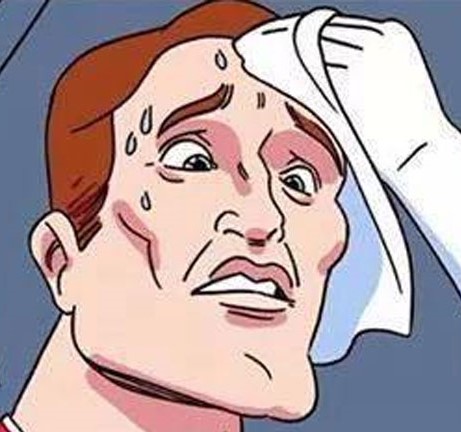

Very much so.
If this coin’s math and mechanics actually work in transferring wealth from rich to poor … it’ll be swamped in poor people wanting their cut, and rich people will want nothing to do with a shitcoin that’s explicitly going to take their money and give it to other people.


I really enjoyed some darker content in terms of establishing that humans aren’t always the good, wise, enlightened people of the galaxy, consistently The Good Guys in nearly every encounter.
But shifting to that “oh there’s a dark side to all the optimism” as the consistent ongoing tone for the show rings wrong as much as the always good guys tone did with older trek.